‘Ovo’s breathtakingly insensitive advice is out of touch with the public’
Your digest of analysis from the British and international press
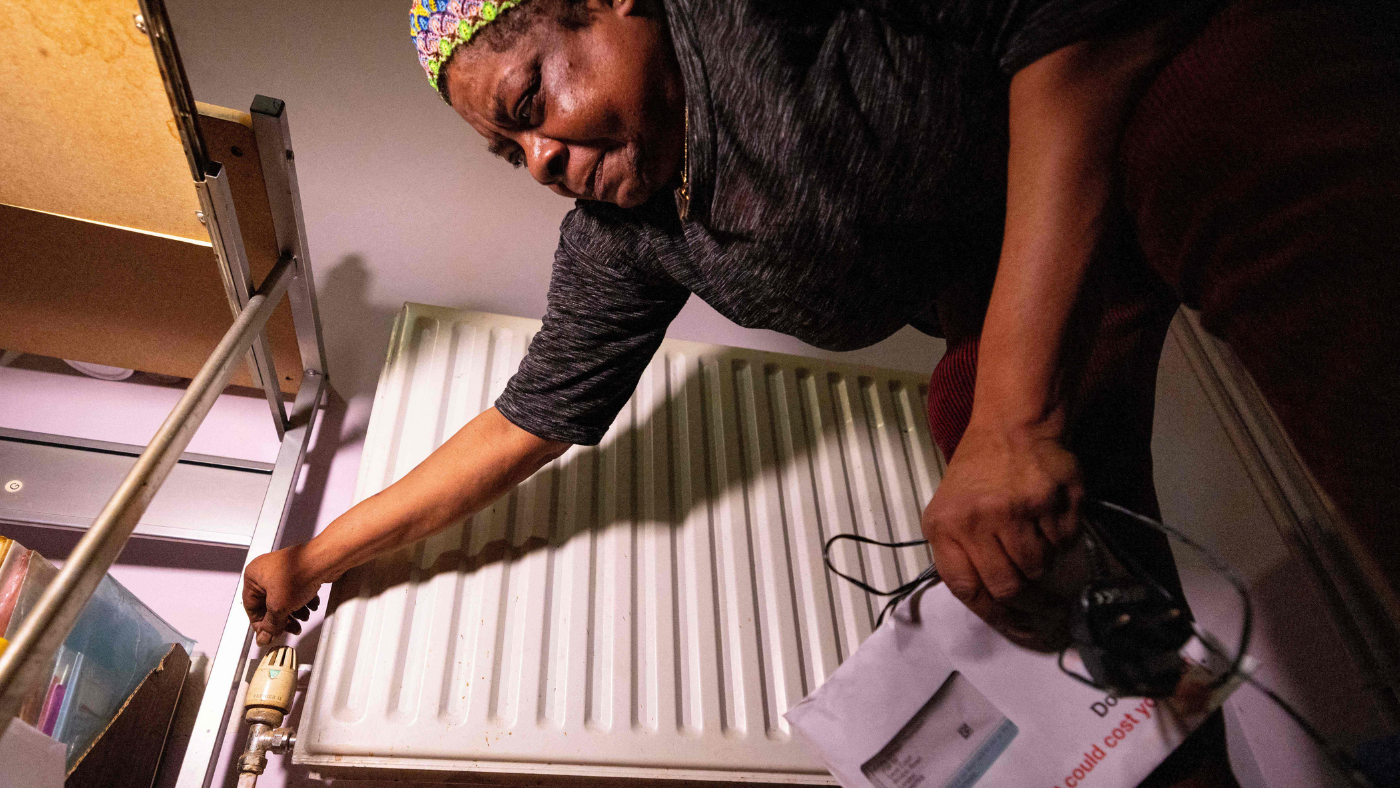
- 1. Energy firm Ovo’s how to keep warm advice is more heartless than Ebenezer Scrooge
- 2. If Omicron is on the retreat, that’s bad news for the Conservatives
- 3. Prince Andrew says he can’t sweat but he’d work his way through three cans of Lynx Africa if he could
- 4. This isn’t your old toxic masculinity. It has taken an insidious new form
- 5. The Times view on US v. British English: Word Wrangles
A free daily email with the biggest news stories of the day – and the best features from TheWeek.com
You are now subscribed
Your newsletter sign-up was successful
1. Energy firm Ovo’s how to keep warm advice is more heartless than Ebenezer Scrooge
Eva Simpson in the Daily Mirror
on cold comfort
Earlier this week, Ovo Energy published advice on how to keep warm this winter – and it “could have come straight out of the pages of a Charles Dickens novel”, says Eva Simpson in the Daily Mirror. Customers were advised to “hug pets, eat porridge, and cuddle up to loved ones… Ebenezer Scrooge would have struggled to be more heartless”, the writer says. The “breathtakingly insensitive” blog article has since been deleted. “Good riddance.” Not only was it “insulting”, it showed “how out of touch Ovo is with the lives of its customers”. Experts have warned that average households could be faced with bills as high as £2,000 in April, meaning “some families are forced to choose between eating and heating their home”, Simpson says. Many people are working from home “in the cold, because they’re terrified their bills will go through the roof if they have the heating on all day”, the writer continues. “Something desperately needs to be done to fix this looming disaster.”
The Week
Escape your echo chamber. Get the facts behind the news, plus analysis from multiple perspectives.

Sign up for The Week's Free Newsletters
From our morning news briefing to a weekly Good News Newsletter, get the best of The Week delivered directly to your inbox.
From our morning news briefing to a weekly Good News Newsletter, get the best of The Week delivered directly to your inbox.
2. If Omicron is on the retreat, that’s bad news for the Conservatives
Larry Elliott in The Guardian
on harsh reality
Finally, “there is light at the end of the Covid-19 tunnel”, writes The Guardian’s economics editor Larry Elliott. Omicron cases are falling, and “it seems likely” that restrictions could be eased in England by the end of January. “The return of life to something approaching normal ought to be unalloyed good news for the government,” but it “may make life more rather than less difficult for Boris Johnson”. If concerns over Covid subside, “it will allow people to focus on everything else going on”, such as the coming energy, tax and price increases. For many UK voters, 2022 “is going to feel more like a recession year than 2020 did”, and “it is taking the government a long time to realise the political peril this represents”, says Elliott. Two years of the pandemic “have not fundamentally changed the basic rules of politics”, which are that “governments thrive when wages are rising faster than prices and living standards are going up”. When the opposite is true “they struggle”.
A free daily email with the biggest news stories of the day – and the best features from TheWeek.com
3. Prince Andrew says he can’t sweat but he’d work his way through three cans of Lynx Africa if he could
Rod Liddle in The Sun
on costly allegations
“I wonder if Prince Andrew still can’t sweat,” says Rod Liddle in The Sun. The prince’s “rather grubby attempts to have the civil case against him from Virginia Giuffre thrown out has failed”, and Andrew could be brought to trial in an “underage sex case showdown” in the US courts in September. “Anybody else would be working their way through three cans of Lynx Africa, if they were facing what that sack of meat with mittens is facing,” Liddle says. How his mother “must wish the last five years could be scrubbed from history” given that “disaster after disaster has befallen her family”. Now, her supposedly “favourite son” will have “all of his dirty laundry washed in public. And then spin-dried in front of a gleeful media,” says Liddle. Andrew may now “try to settle out of court”, which could cost “upwards of four million quid”. With Andrew “strapped for cash”, he’d “probably have to scrounge the dosh from his mum”, says Liddle.
4. This isn’t your old toxic masculinity. It has taken an insidious new form
Alex McElroy in The New York Times
on honest emotions
Alex McElroy’s relationship with masculinity “is fraught”, they write in The New York Times. Two years ago, McElroy came out as a nonbinary trans person. At the time “vulnerability was having a cultural moment”, and “it has been exciting to watch as more men embrace vulnerability”. But McElroy has since watched it “curdle into something toxic”, which they call “petulant vulnerability”. “The courtroom tears of Kyle Rittenhouse” is an “extreme” example. The aftermath of the 6 January 2021 Capitol riot “was a festival of petulant vulnerability”, which McElroy says “uses the language of vulnerability as a cudgel”. True vulnerability is “scary” and “can be difficult”. “Men’s discussion groups and more nuanced male leads on TV cannot, on their own, shift our expectations of manhood”, the writer concedes, but “the fact that they exist and are gaining popularity counts for something”. There also needs to be a “letting go of what some men feel entitled to”. “Change is taxing and boring and scary,” says McElroy, but the rewards of “real” vulnerability “will make this effort worthwhile”.
5. The Times view on US v. British English: Word Wrangles
The Times editorial board
on Wordle woe
The Times knows that “word games are serious business” and a recent puzzle has “swept social media”. Wordle now has around two million followers, and each day online players have six attempts to guess a new five-letter word. “Therein lay a problem this week for some British players” who hadn’t anticipated that the puzzle “reflects American orthography”. Players “wasted precious attempts” before finding that the day’s word was “favor”. “Confusing this may have been, but enthusiasts for wordplay have no cause for complaint,” says the newspaper. “American orthography is an integral part of the written form of the English language,” the difference in spellings being “due to a linguistic reformer”, Noah Webster. “He wanted his emerging nation to have a distinctive form of the language” and An American Dictionary of the English Language was devised in 1828. Now, the “widespread adoption of American spellings is a fact that writers, lexicographers and wordplay enthusiasters need to acknowledge”.
-
 The ‘ravenous’ demand for Cornish minerals
The ‘ravenous’ demand for Cornish mineralsUnder the Radar Growing need for critical minerals to power tech has intensified ‘appetite’ for lithium, which could be a ‘huge boon’ for local economy
-
 Why are election experts taking Trump’s midterm threats seriously?
Why are election experts taking Trump’s midterm threats seriously?IN THE SPOTLIGHT As the president muses about polling place deployments and a centralized electoral system aimed at one-party control, lawmakers are taking this administration at its word
-
 ‘Restaurateurs have become millionaires’
‘Restaurateurs have become millionaires’Instant Opinion Opinion, comment and editorials of the day
-
 ‘The UK’s malaise will not end with the Prime Minister’s exit’
‘The UK’s malaise will not end with the Prime Minister’s exit’Instant Opinion Your digest of analysis from the British and international press
-
 ‘Police tactics are not getting worse, they are simply being filmed’
‘Police tactics are not getting worse, they are simply being filmed’Instant Opinion Your digest of analysis from the British and international press
-
 ‘G7 leaders missed a golden opportunity’
‘G7 leaders missed a golden opportunity’Instant Opinion Your digest of analysis from the British and international press
-
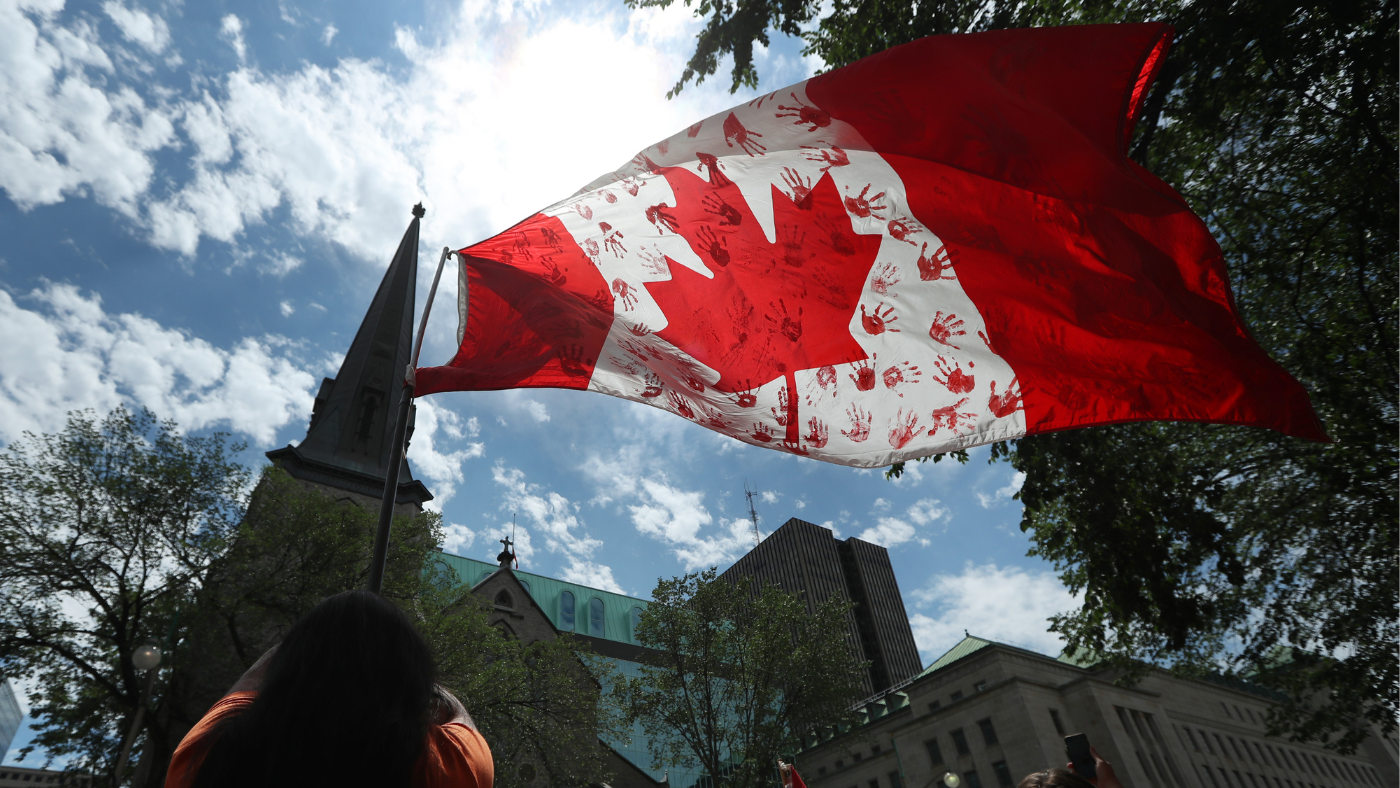 ‘It takes some soul searching to celebrate Canada Day’
‘It takes some soul searching to celebrate Canada Day’Instant Opinion Your digest of analysis from the British and international press
-
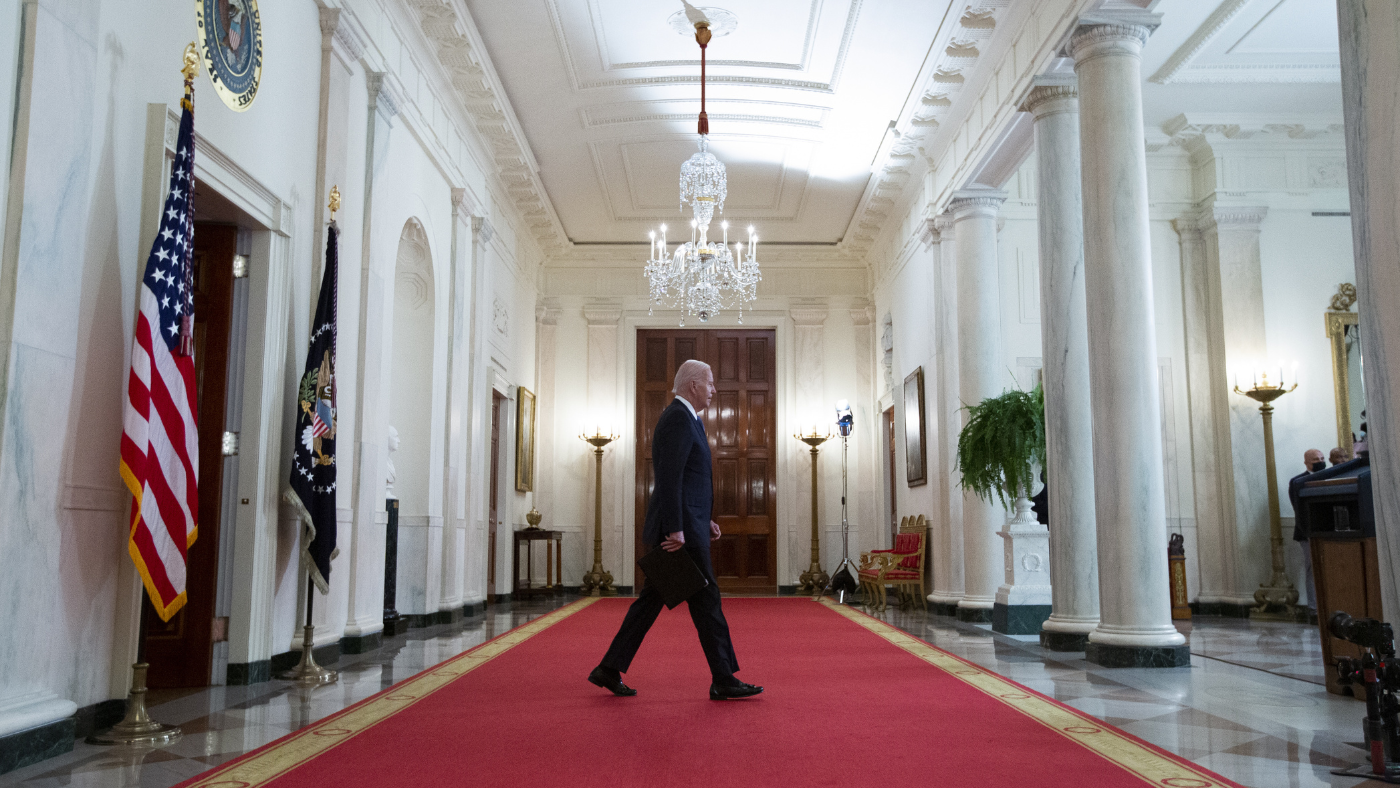 ‘Breakthrough on abortion rights could be there if Biden reaches for it’
‘Breakthrough on abortion rights could be there if Biden reaches for it’Instant Opinion Your digest of analysis from the British and international press
-
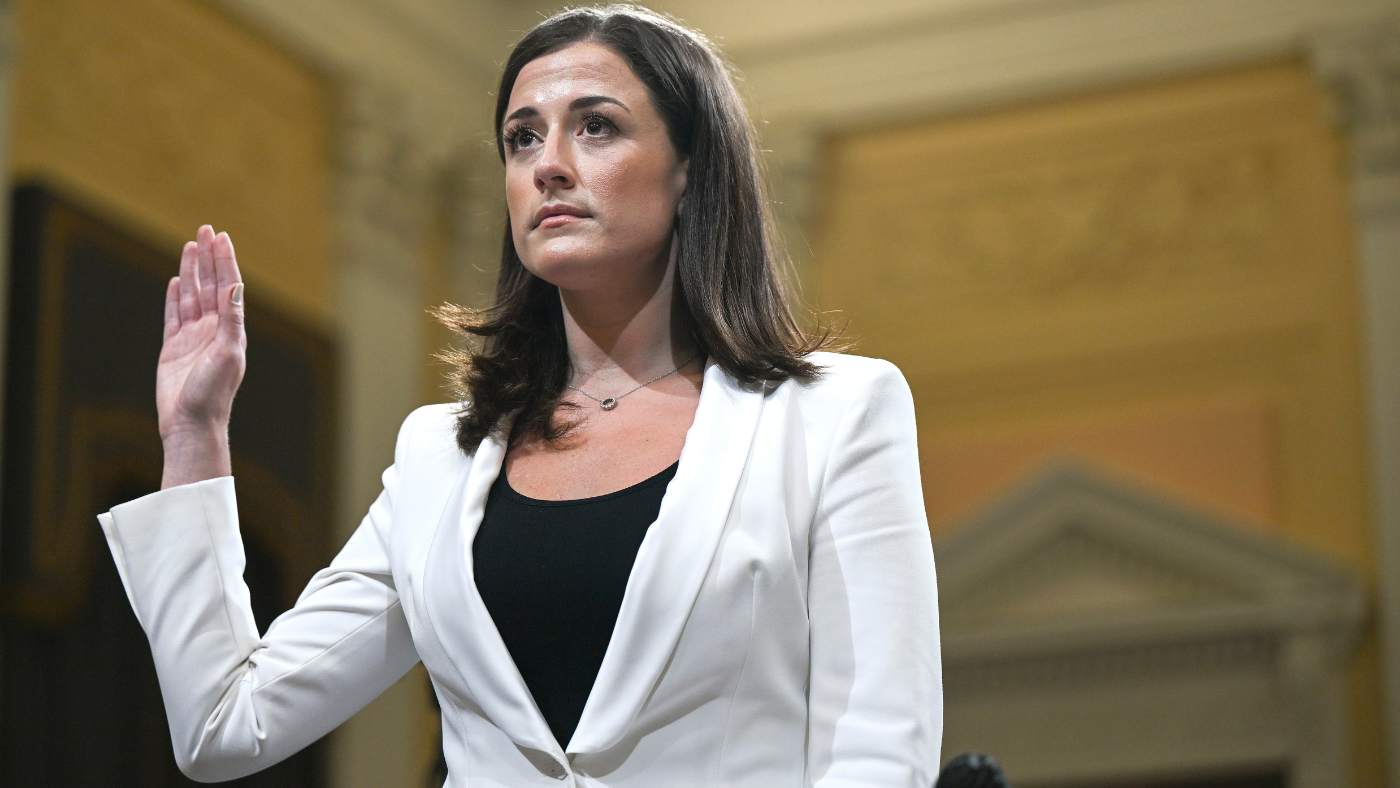 ‘If only Mark Meadows had even half Cassidy Hutchinson’s courage’
‘If only Mark Meadows had even half Cassidy Hutchinson’s courage’Instant Opinion Your digest of analysis from the British and international press
-
 ‘Boris Johnson measures success in biceps rather than brain power’
‘Boris Johnson measures success in biceps rather than brain power’Instant Opinion Your digest of analysis from the British and international press
-
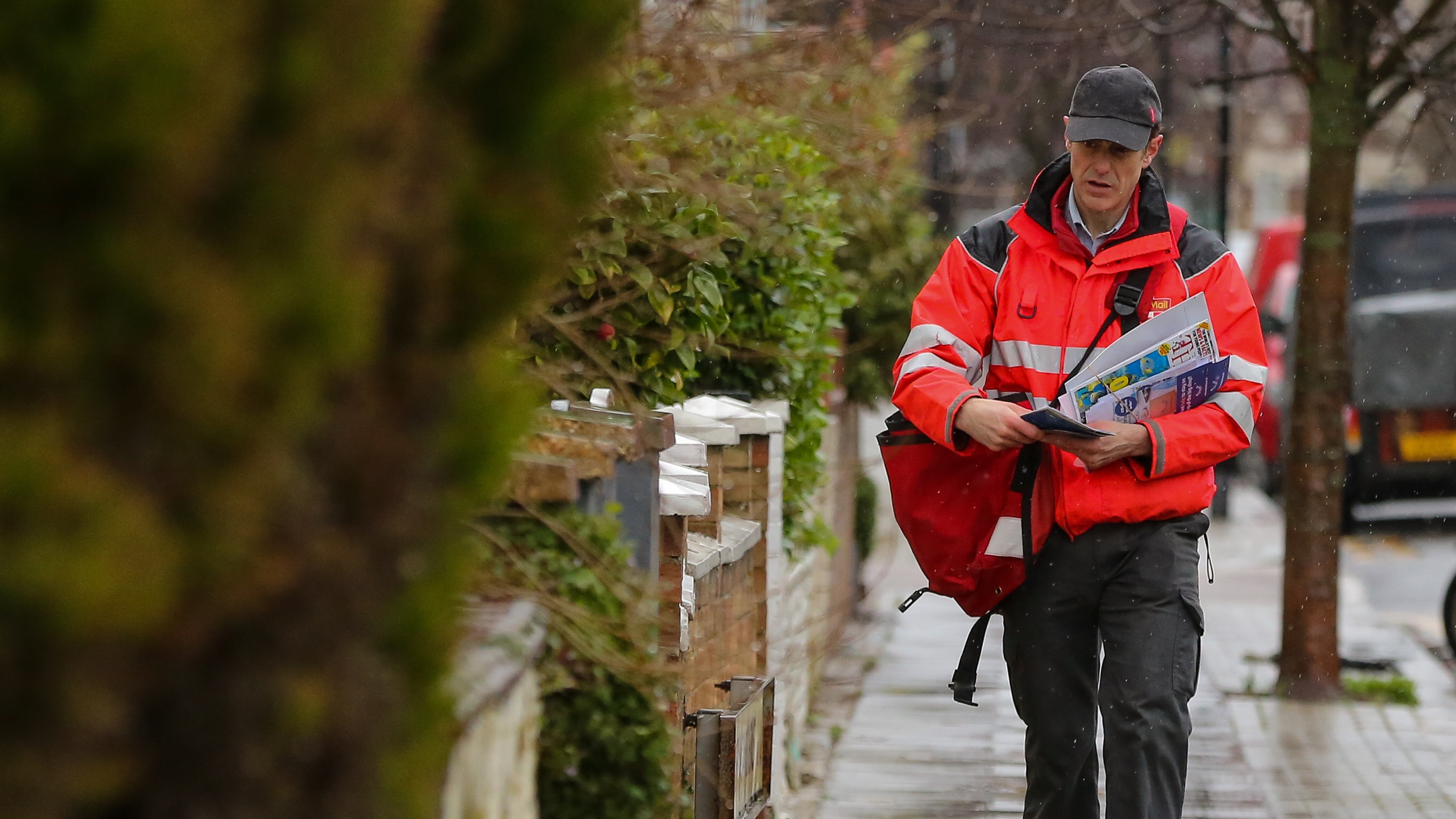 ‘Asking posties to act as community watchmen is an inspired idea’
‘Asking posties to act as community watchmen is an inspired idea’Instant Opinion Your digest of analysis from the British and international press